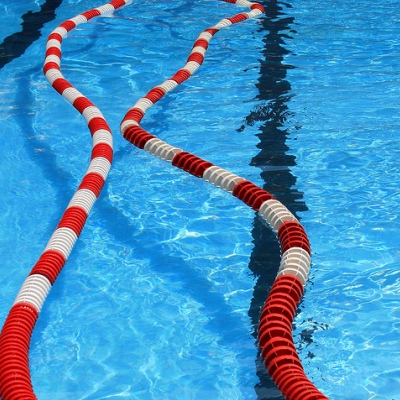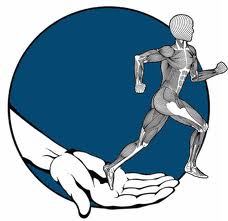I spent the five happiest years of my life in a morgue. As a forensic scientist in the Cleveland coroner’s office I analyzed gunshot residue on hands and clothing, hairs, fibers, paint, glass, DNA, blood and many other forms of trace evidence, as well as crime scenes. Now I'm a certified latent print examiner and CSI for a police department in Florida. I also write a series of forensic suspense novels, turning the day job into fiction. My books have been translated into six languages.
We have worksheets or notebooks that we use to make notes at the scene, and we have worksheets that we sometimes use in the lab if we want to. Then the 'official' report, which is usually fairly simple, is typed into our computer system so that everyone in the department can view results or print it out for the attorneys. It will outline everything we did and any results obtained.
As much or as little as it does in any other profession. At least half if not most forensic techs are female, so it's not that uncommon to have attractive ones. Many moons ago I used to be one, so I know that sometimes it's helpful to have people open doors for you, and sometimes it's a royal pain in the neck.
it is always helpful to know what will give a false positive result. Hemastix will also react with a few other substances, such as vomit for one. That's why it's called a prelimary test and not a confirmatory test. Good job!
Oh yes, I'm extremely smart. Just kidding! No, you don't have to be some kind of friggin' genius like you see on TV. You just have to be reasonably intelligent, reasonably sensible, reasonably observant, and have a good amount of attention to detail, respect for rules, and patience. It also helps to be pleasant and able to get along with people. Even though most of our victims are dead, the families, witnesses, cops and detectives are very much alive and under a lot of stress.
Videogame Reviewer
 Pick one: Nintendo Ice Hockey, NHL ‘94, or Blades of Steel?
Pick one: Nintendo Ice Hockey, NHL ‘94, or Blades of Steel?
Swim Instructor
 Do parents ever get angry at you personally if their kid isn't learning fast enough?
Do parents ever get angry at you personally if their kid isn't learning fast enough?
Physical Therapist
 What's the most dramatic "before-and-after" improvement you've ever seen with a patient?
What's the most dramatic "before-and-after" improvement you've ever seen with a patient?
Whatever points conclusively to the identity of the perpetrator. That could be a fingerprint or DNA or some personal item they used or their picture on a surveillance video.
Yes, take all the science classes you can and try to visit local labs to see what the job is really like.
I've worked in forensics since 1994. The best part of the job is making a fingerprint 'hit' that tells us who the bad guy is, or working a crime scene and finding or concluding something that helps explain what happened there. The worst part is being stressed by detectives or attorneys who want all the answers right now and don't understand what they're asking for, or testifying in court and having no idea what's going to be thrown at you.
-OR-
 Login with Facebook
Login with Facebook (max 20 characters - letters, numbers, and underscores only. Note that your username is private, and you have the option to choose an alias when asking questions or hosting a Q&A.)
(A valid e-mail address is required. Your e-mail will not be shared with anyone.)
(min 5 characters)
By checking this box, you acknowledge that you have read and agree to Jobstr.com’s Terms and Privacy Policy.
-OR-
 Register with Facebook
Register with Facebook(Don't worry: you'll be able to choose an alias when asking questions or hosting a Q&A.)